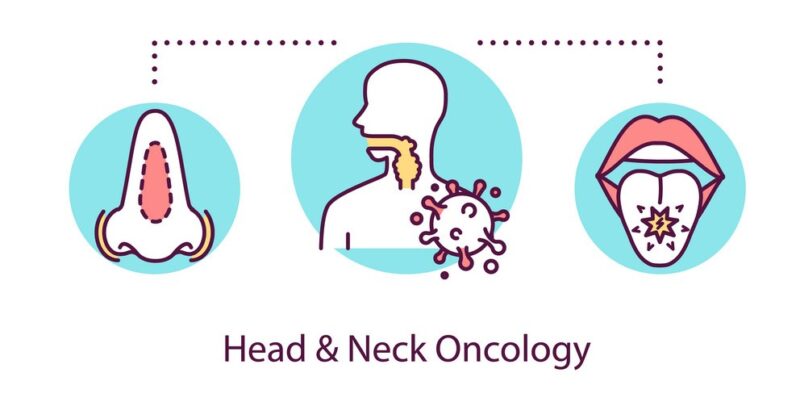Merck has announced the Phase 3 KEYNOTE-689 trial for Head and Neck Cancer.

Merck has announced that the Phase 3 KEYNOTE-689 trial, evaluating KEYTRUDA (pembrolizumab) as a perioperative treatment for patients with resected, locally advanced head and neck squamous cell carcinoma (LA-HNSCC), has met its primary endpoint of event-free survival (EFS).
This significant trial is the first to demonstrate a statistically significant and clinically meaningful improvement in EFS for anti-PD-1 therapy in earlier stages of this disease.
Understanding Head and Neck Cancer
Head and neck cancer encompasses various tumors that develop in or around the throat, larynx, nose, sinuses, and mouth. The majority of these cancers are squamous cell carcinomas, which originate from the flat, squamous cells that constitute the thin surface layer of these structures. LA-HNSCC refers to cancer that has spread beyond its original site but has not yet metastasized to distant organs.

Several key risk factors significantly increase the likelihood of developing head and neck cancer, including tobacco and alcohol use, as well as infection with human papillomavirus (HPV). According to estimates, there were over 891,500 new cases of head and neck cancer diagnosed globally in 2022, leading to more than 458,100 deaths. In the United States, projections for 2024 suggest there will be over 58,450 new cases and more than 12,230 deaths from the disease.
About the KEYNOTE-689 Trial
The KEYNOTE-689 trial involved administering KEYTRUDA as neoadjuvant therapy prior to surgery, followed by adjuvant treatment combined with standard radiotherapy (with or without cisplatin) after surgery, and continued maintenance therapy with KEYTRUDA.
An independent Data Monitoring Committee conducted a pre-specified interim analysis and found that patients receiving this perioperative regimen experienced a statistically significant improvement in EFS compared to those receiving standard adjuvant radiotherapy alone.
Additionally, a key secondary endpoint—major pathological response (mPR)—also showed significant improvement for the KEYTRUDA group.
Marjorie Green, senior vice president and head of oncology at Merck Research Laboratories, highlighted the importance of these findings, stating,
“KEYNOTE-689 marks the first positive trial in two decades for patients with locally advanced head and neck squamous cell carcinoma. These results have the potential to be practice-changing and further emphasize the promising role of KEYTRUDA for patients in earlier stages of this disease.”

While a trend toward improved overall survival (OS) was observed, statistical significance was not reached in this first interim analysis. Future analyses will continue to evaluate OS in the patient population.
Next Steps and Regulatory Pathway
Results from the KEYNOTE-689 trial will be presented at an upcoming medical meeting and submitted to regulatory authorities for review.
Currently, KEYTRUDA is approved for various indications in metastatic or unresectable, recurrent HNSCC in the U.S., Europe, China, Japan, and other regions.
For more information, on the KEYNOTE-689 trial and its findings please visit ClinicalTrials.gov.
For more post like this, visit oncodaily.com


